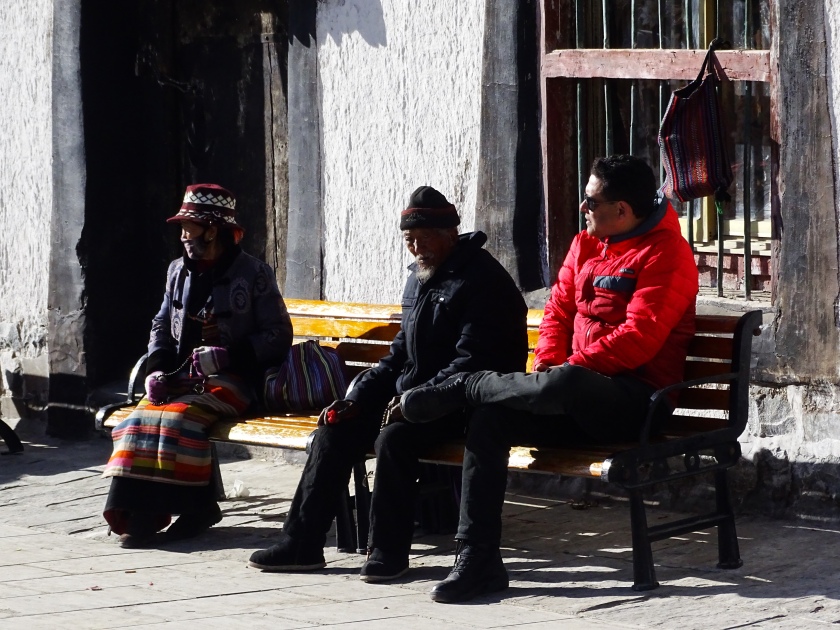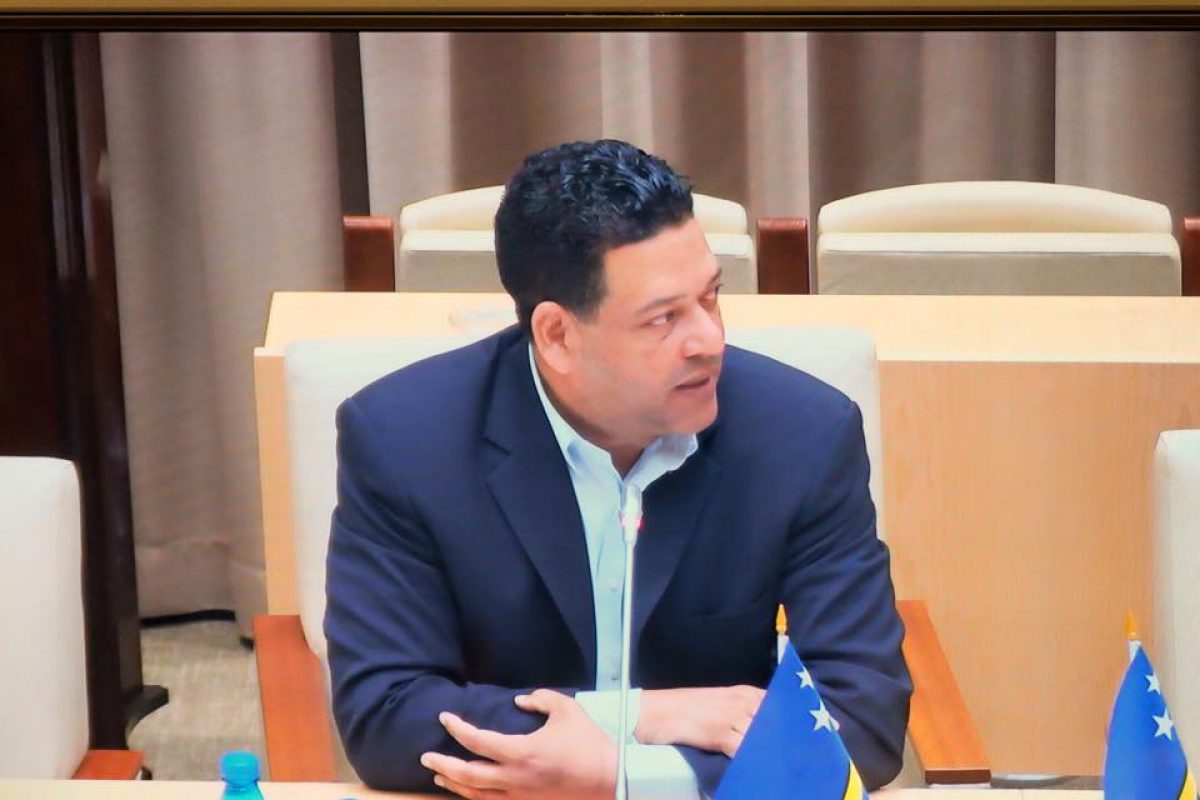
Striking up a conversation with a Tibetan man in Tibet
This year I have been to country nr. 110 so far.
I can recall them each so clearly.
Like the drunken soldiers with their Kalashnikovs nonchalantly hanging on one shoulder staring confused at my diplomatic passport because they couldn’t read, at one of the many roadblocks in N’Djaména, Chad;
The kind Hmong family in Northern Laos who invited me into their home to share sticky rice and homemade whiskey;
The village doctor in Barra Kunda, Gambia who cursed me out because I asked him to use the syringe I had brought along from the US (as instructed by the NGO I worked for) instead of one he had lying around, to treat mine badly injured toe;
The border official who entered the train at the crossing of the Republic of Georgia and Armenia and made me swear I would not go afterward to Azerbaijan. Armenia and Azerbaijan are arch-enemies;
A conversation with a cowboy and horse whisperer in an all-white NRA-friendly bar (the stickers were there) in Cody Wyoming to complain about Washington being unwilling to respect their way of life;
Seeing some hundred people picking up a stilted wooden house and moving it because of a fight among neighbors in Tabapounie, a tiny hamlet inhabited by Miskito Indians on the south Caribbean Coast of Nicaragua.
Listening to a long lecture by Chinese authorities that I’m forbidden to talk about the Dalai Lama 14, but I’m free to mention the first 13 Lamas, before getting special permission to go to Tibet;
The look on my face and that of my black American colleagues when we entered a restaurant in Dakar, Senegal that was decorated on the inside with tons of confederate flags;
Being told by my Japanese friend to wait a couple of minutes for the green pedestrian light before crossing the street at 11 pm in a quiet Nagoya (Japan) neighborhood with absolutely no traffic;
And, eating rotten shark flesh (Iceland), drinking horse’s milk (Kyrgyzstan), snacking on roasted locusts (Chad) and reindeer sausage (Alaska), struggling to eat a still-moving octopus on my plate (Korea) and how can I forget not being able to swallow the slimiest food ever, the Nigerian ogbono soup.
Over the course of my travels, I have pursued a deeper understanding of people and why they behave or think the way they do. We’re too busy scrolling aimlessly on our electronic devices without time to reflect on what it all means. Without travel, we are sentenced to consume information that has been “handpicked” for us by algorithms catering to our predisposed feelings of paranoia and predispositions. We’ve boxed ourselves into ways of thinking that are intolerant of dissent.
I have always believed, that the more we know about each other, the better we become. The potential of becoming desensitized to real human experience in a virtual world could be very real. This is especially true for living on an island with an island mentality. We need to be proactive and exit our bubbles.
Willemstad, Curaçao

“…Without travel, we are sentenced to consume information that has been “handpicked” for us by algorithms catering to our predisposed feelings of paranoia and predispositions. We’ve boxed ourselves into ways of thinking that are intolerant of dissent…”.
I do agree that travelling opens up one’s mind, if one wants the mind to open. However, it seems as if you’re saying that if you didn’t get the chance to travel, you would not have been able to learn, what you did by travelling.
I know many who may travel around the world, returning home with a mind more limited than when they left, others who travel just to see the sights and to be able to say they went to countries x,y,z. While there are also those who do not travel, or don’t travel extensively, who are still able to burst the bubble they were in, break out of their boxes of limited ways of thinking by, among other things, reading, using modern technology and applying it where possible and, by so doing, learning much more than those who travel and can afterwards only talk about the shops they visited, sport games they attended or musicals they watched.
Travelling, crossing borders is always good, for whatever reason. We can observe ways of living, ways of doing things, ways of working together, we can apply ourselves. However to learn what life is all about, we can do it right where we are. It is all about what one wants in life.
LikeLike
I do agree that people travel to shop, to visit amusement parks or conferences, and say afterward they ‘know’ the places they hurriedly entered and exited. I don’t know what traveling means for them. I wrote what it means to me. And, that is seeking a deeper understanding of other places, peoples, and cultures by using all our senses. As humans, we can hear thousands of sounds, distinguish millions of shades of colors, distinguish thousands of tastes and smell billions of smells. But most importantly, travel allows you to interact with these senses and with people. It gives you a chance to hear about their dreams, how they look at the world and what they think of you. And that you can not get sitting in a chair or watch a travel blog. In fact, as you read that book or watch that film you are getting to experience what the authors have experienced and written down or filmed. I tend to spend a few months in a place to make sense of it and its people. Even so, I realize that I may have only scratched the surface. Unless life is only about you, you can not experience life fully without interacting with people and places and the billions of stories that have never been written or made available via technology.
LikeLike